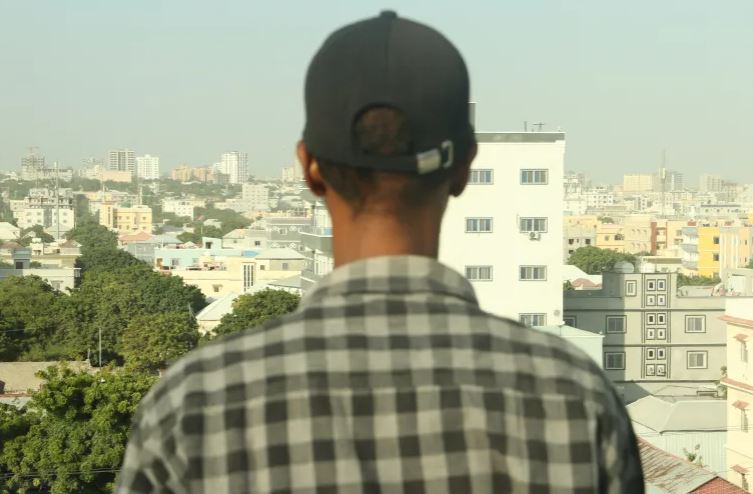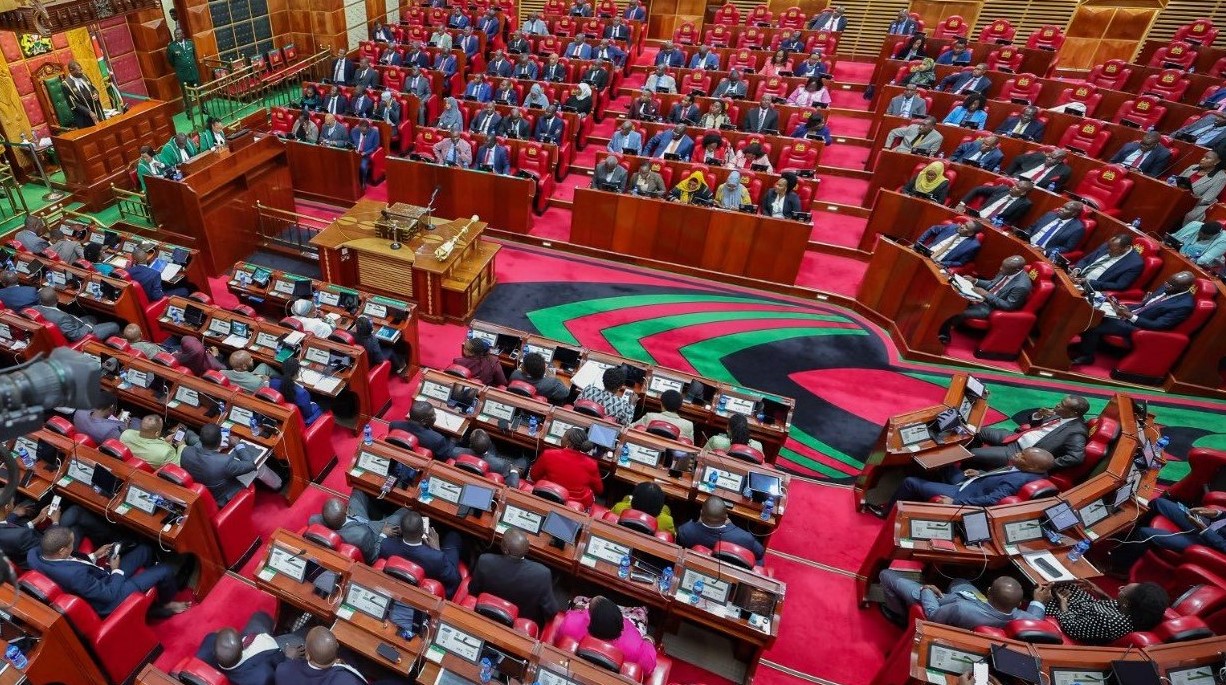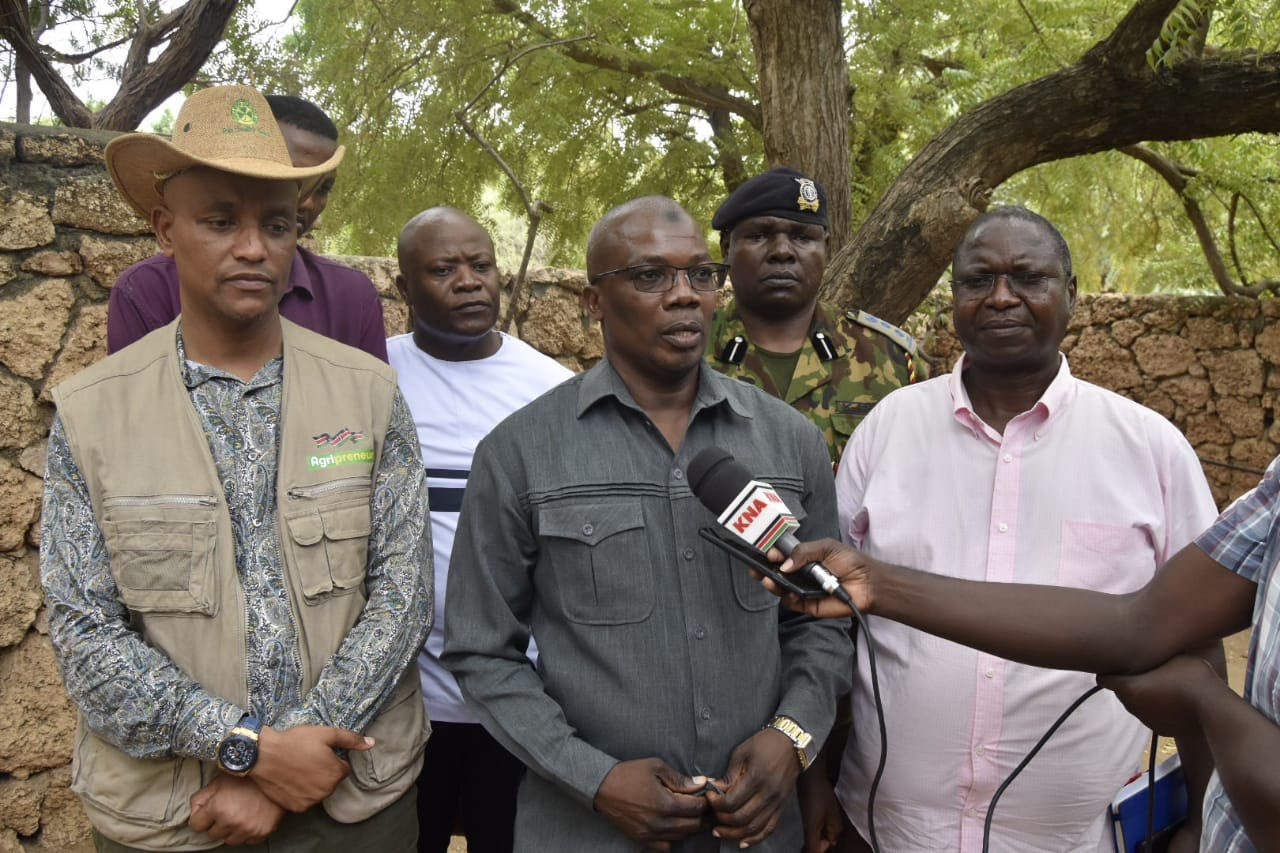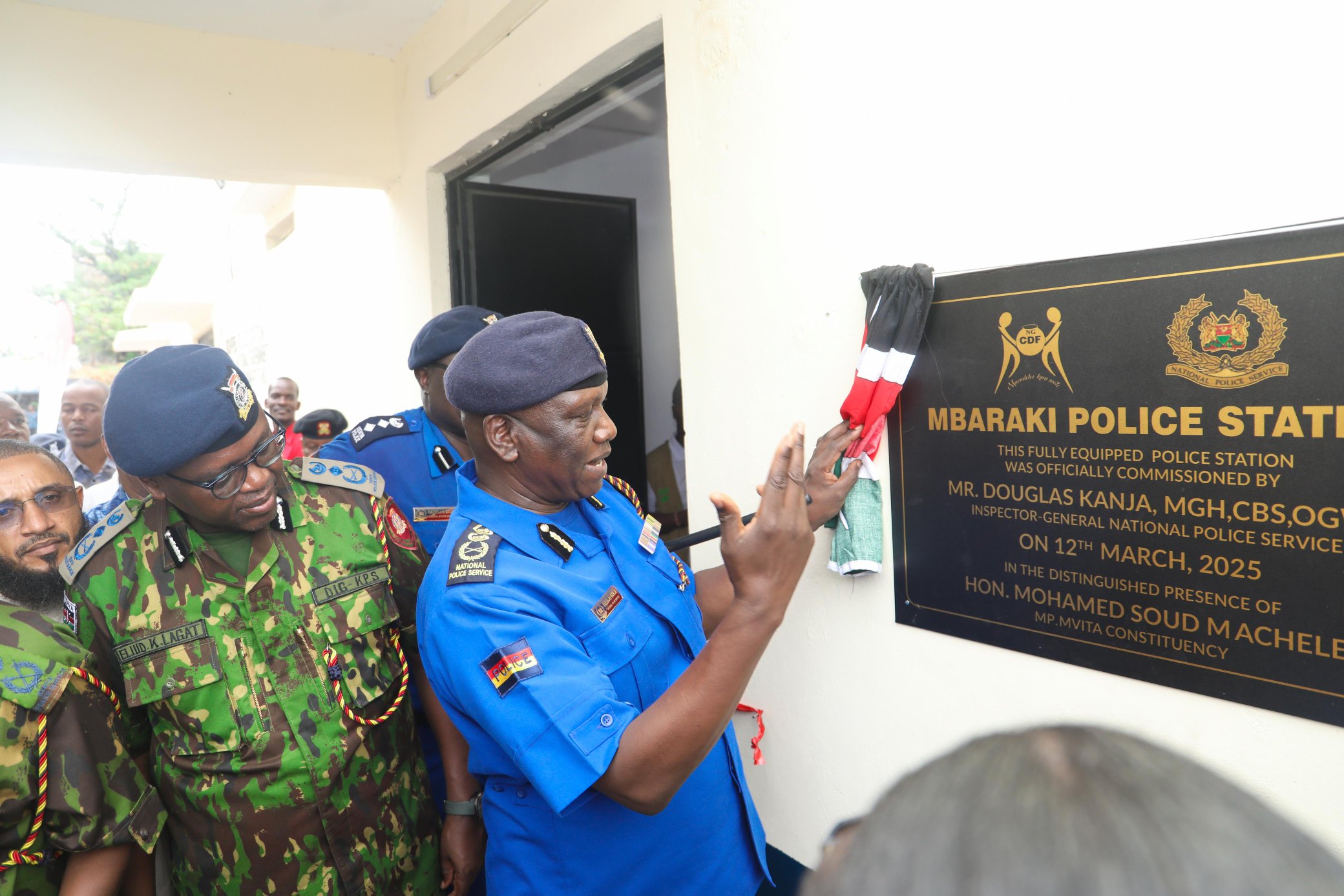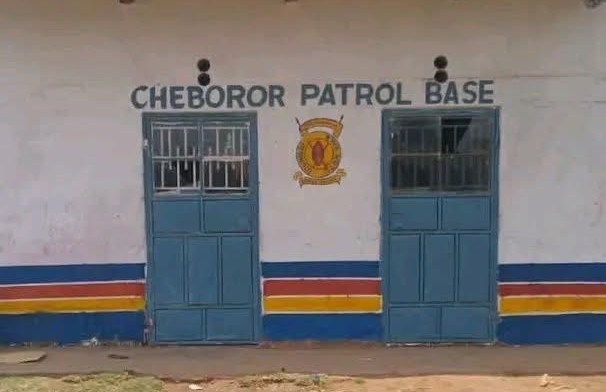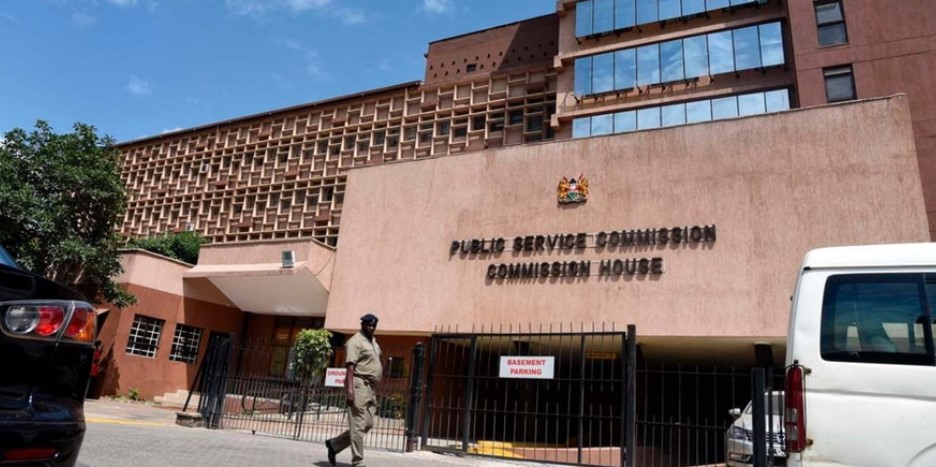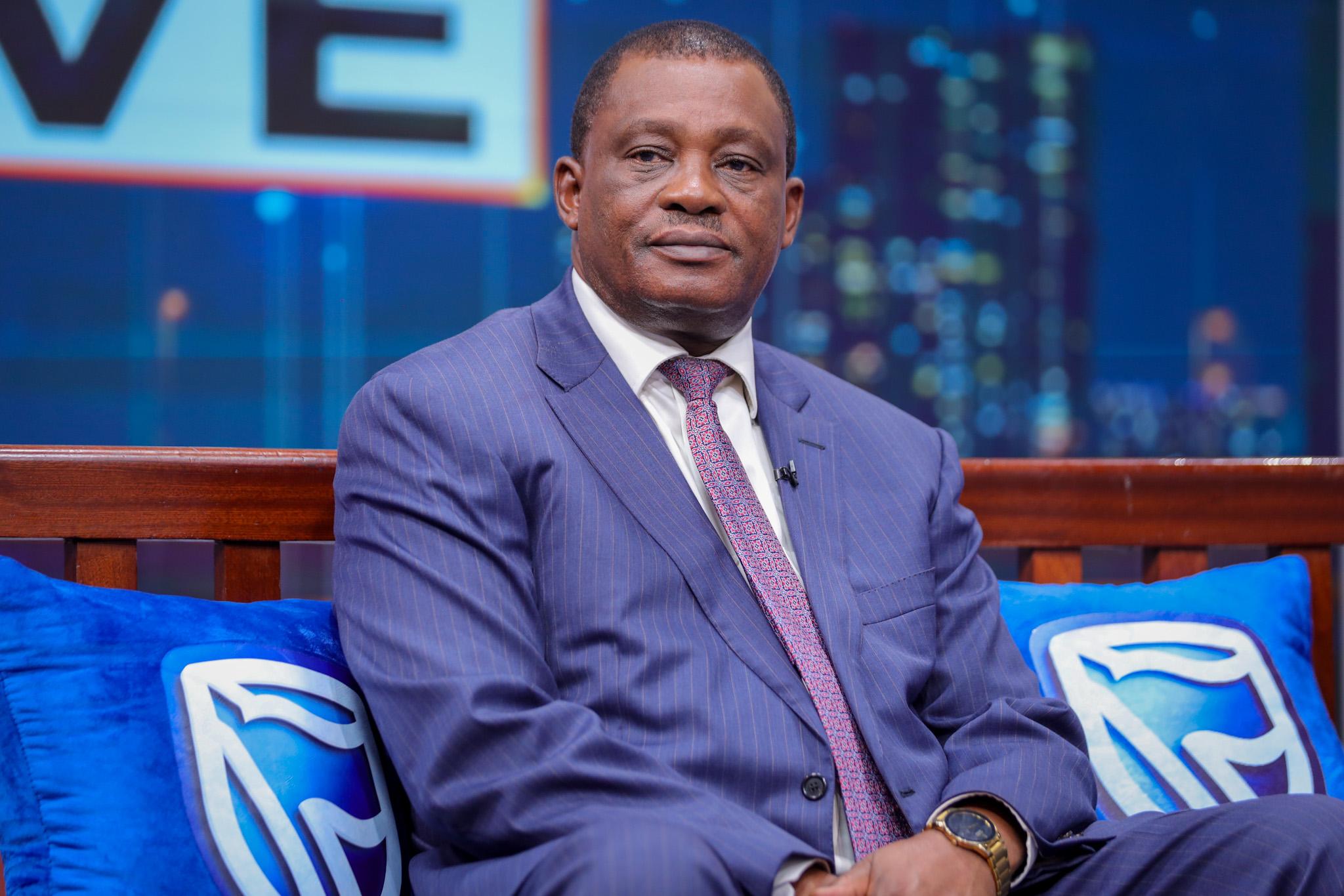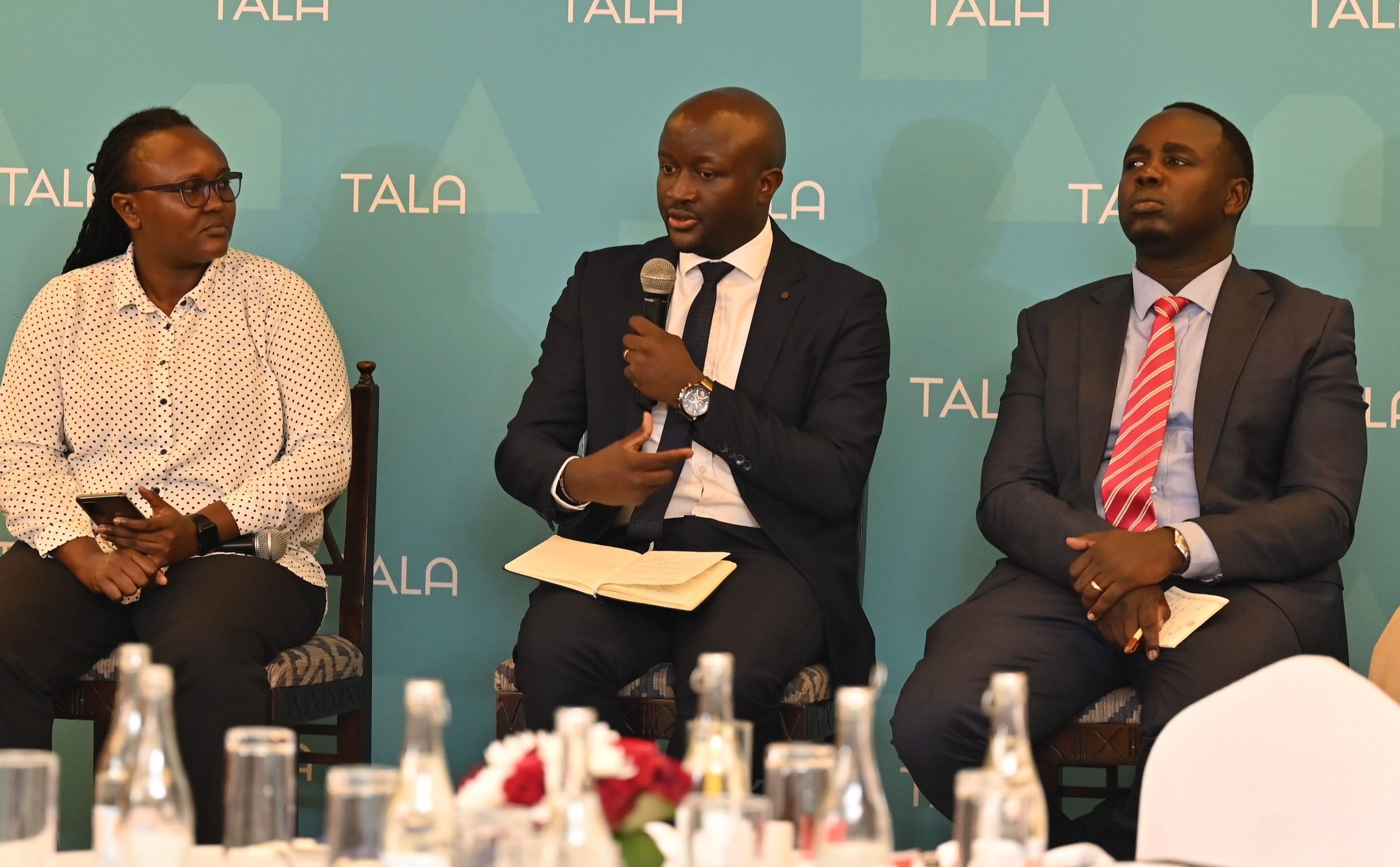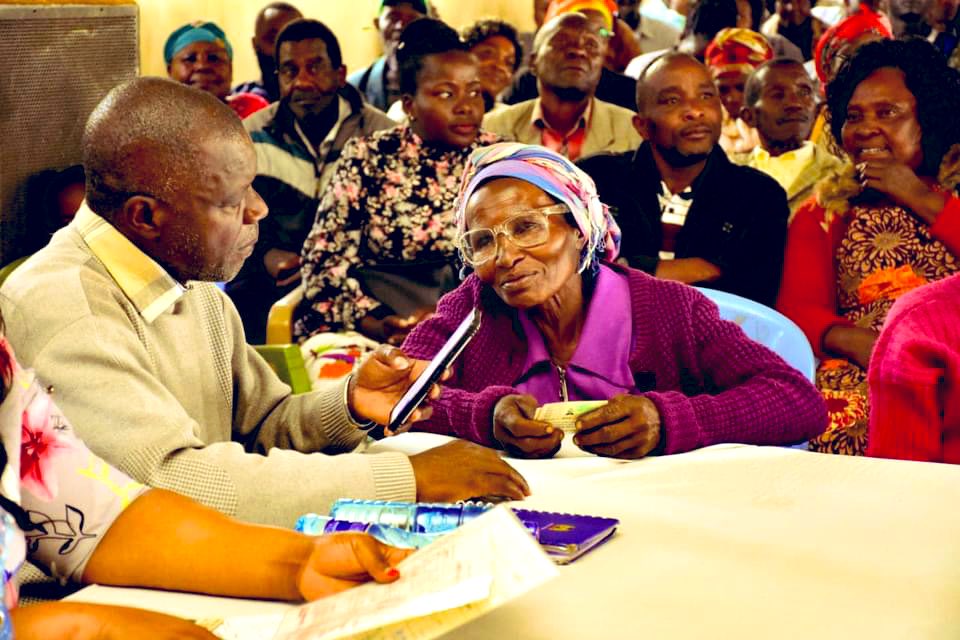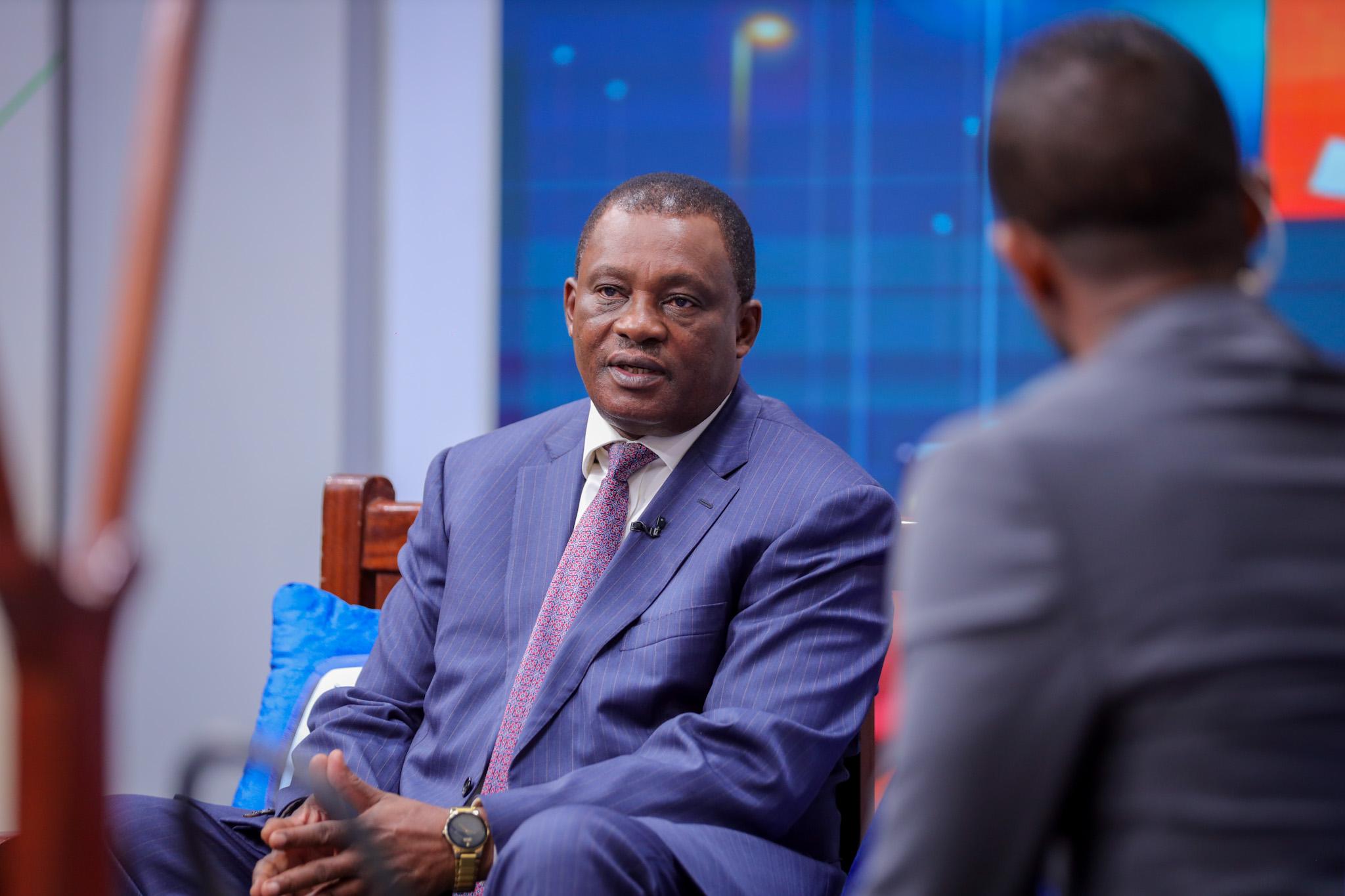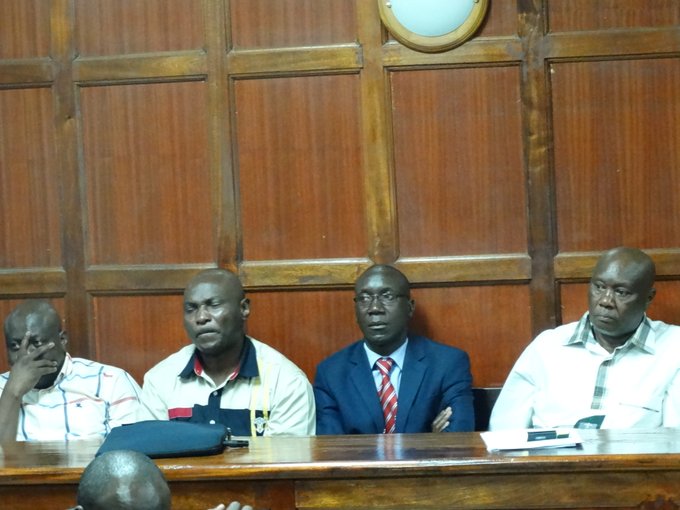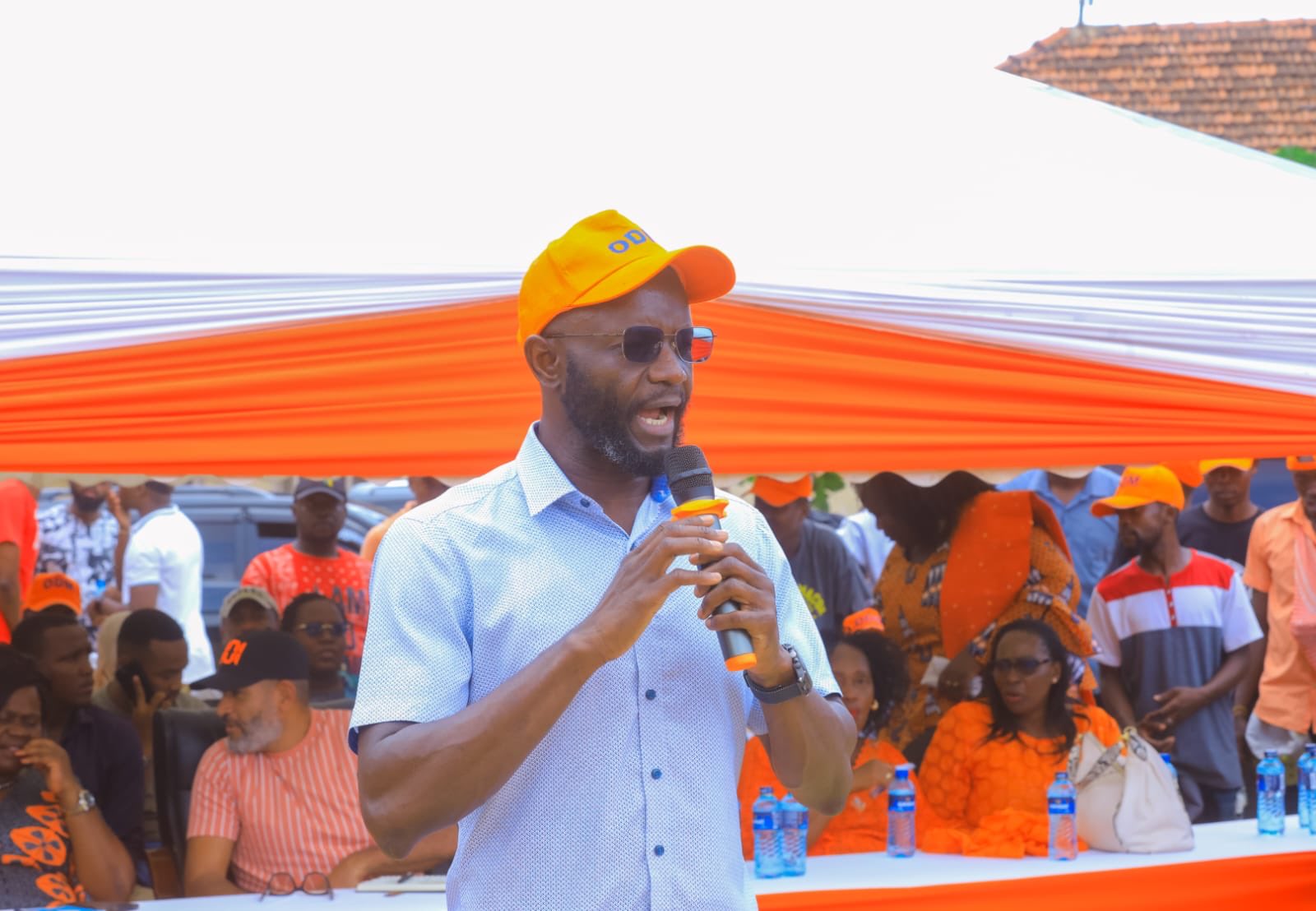Hope for Sudan peace talks as Tagadum sets date for twice-postponed conference
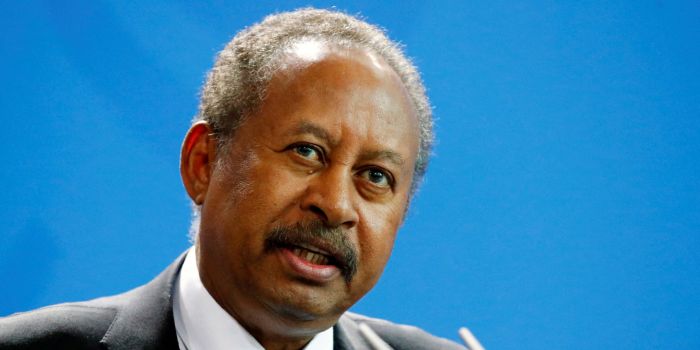
Amid escalating tensions and protracted conflict in Sudan, the official founding conference of the Civil Democratic Forces alliance (Tagadum) will begin in Addis Ababa, Ethiopia, on May 26.
This significant gathering, twice postponed, represents a pivotal moment for Sudanese pro-democracy movements seeking to address the enduring challenges posed by the long war between the Sudan Armed Forces (SAF) and the Rapid Support Forces (RSF).
More To Read
The war pits army leader Abdel Fattah al-Burhan, chair of the Transitional Sovereignty Council of Sudan, and Mohamed Hamdan Dagalo, the RSF chief who was the deputy head of the Transitional Military Council following the 2019 coup.
Tagadum's genesis can be traced back to last October when it was established by members of the mainstream Forces for Freedom and Change (FFC-Central Council) and other Sudanese pro-democracy parties and groups.
Led by former Prime Minister Abdalla Hamdok, the Tagadum emerged as a beacon of hope, aiming to construct a robust democratic civil front capable of fostering peace and stability in Sudan.
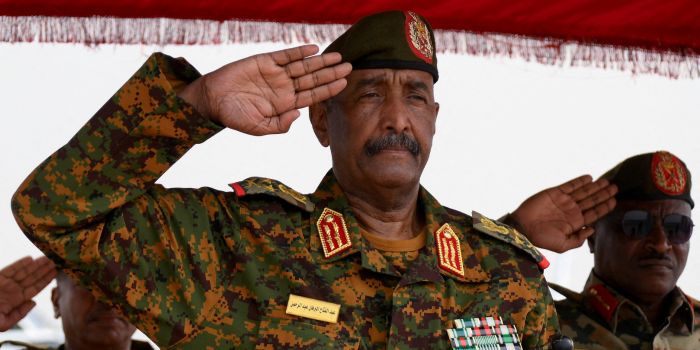 Sudan's General Abdel Fattah al-Burhan salutes as he listens to the national anthem after landing in the military airport of Port Sudan, on his first trip away following fighting in Khartoum, on August 27, 2023.(Photo: Ibrahim Mohammed Ishak/Reuters)
Sudan's General Abdel Fattah al-Burhan salutes as he listens to the national anthem after landing in the military airport of Port Sudan, on his first trip away following fighting in Khartoum, on August 27, 2023.(Photo: Ibrahim Mohammed Ishak/Reuters)
Bakri El Jak, the coalition's spokesperson, revealed the logistical intricacies and complex issues that necessitated the rescheduling of the founding conference in an interview with Radio Dabanga last week.
Despite facing formidable challenges, including logistical constraints and security risks associated with organising such an event amid a conflict, the Tagadum remains resolute in its commitment to advancing its vision for a democratic Sudan.
"The event will bring together about 600 Sudanese participants from all 18 Sudanese states and 24 different countries," El Jak told Radio Dabanga. "Most of the logistical challenges are related to arranging a safe passage for participants in war zones."
"The conference is based on a political alliance of five main components: resistance committees, civil society groups, trade unions, political parties, and rebel movements. For the first time, we will work jointly to achieve a democratic Sudan."
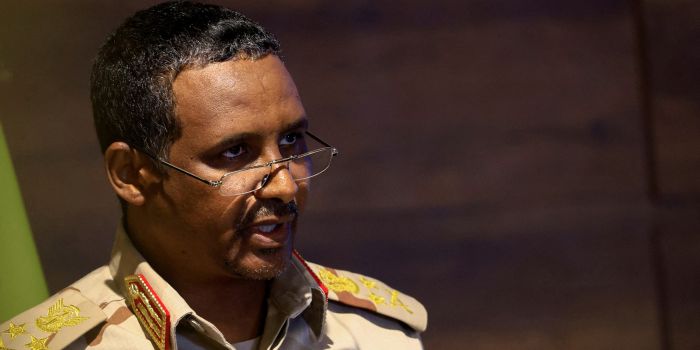 Deputy head of Sudan's sovereign council General Mohamed Hamdan Dagalo speaks during a news conference at Rapid Support Forces head quarter in Khartoum, Sudan, on February 19, 2023. (Photo: Mohamed Nureldin Abdallah/Reuters)
Deputy head of Sudan's sovereign council General Mohamed Hamdan Dagalo speaks during a news conference at Rapid Support Forces head quarter in Khartoum, Sudan, on February 19, 2023. (Photo: Mohamed Nureldin Abdallah/Reuters)
Meanwhile, negotiations between the army and the RSF are anticipated to resume in Jeddah, Saudi Arabia.
The expanded negotiations platform, which now includes representatives from Egypt, the United Arab Emirates (UAE), the African Union, the Horn of Africa, the Intergovernmental Authority for Development (IGAD), the European Union, and the United Nations, underlines the international community's commitment to facilitating a peaceful resolution to the Sudanese conflict.
"I cannot deny or confirm that there are no representatives of the warring parties present in Jeddah or anywhere else. But what I do know is that communication continues between the two parties and that both have announced their willingness to return to the negotiating platform without conditions," El Jak said.
The spokesperson further said that the Tagadum does not reject the participation of militants in negotiating a ceasefire between the army and the RSF, "as long as they have an army or influence over the army.".
"As long as you are fighting in this war, you can be a party to any negotiation about a ceasefire," he said.
"All we hope for from the political process is that it restores what is right for this group, that they are part of Sudan's political forces and the large Sudanese family, and that they have a desire to participate in framing a constructive national project that expresses all the aspirations of the Sudanese, and that their sabotage operations stop."
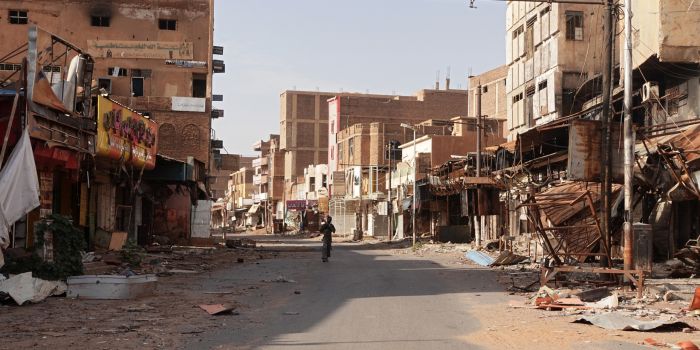 A view of a street in the city of Omdurman damaged in the year-long civil war in Sudan, April 7, 2024. Residents in the city have found themselves besieged in their homes, trapped between the paramilitary RSF and the army. (Photo: El Tayeb Siddig/Reuters)
A view of a street in the city of Omdurman damaged in the year-long civil war in Sudan, April 7, 2024. Residents in the city have found themselves besieged in their homes, trapped between the paramilitary RSF and the army. (Photo: El Tayeb Siddig/Reuters)
Acknowledging the complexity of the matter, El Jak noted the ease with which a few individuals can destroy a whole country.
"This is a complex issue, and we now see plans being designed through the work of military intelligence and the security apparatus, ethnically-based mobilisation, and the strife between ethnic groups. We hope that the efforts of the [National Congress Party] NCP affiliates and the Islamic Movement will be transformed from a tool for demolition into a machine for construction," he said.
Top Stories Today
